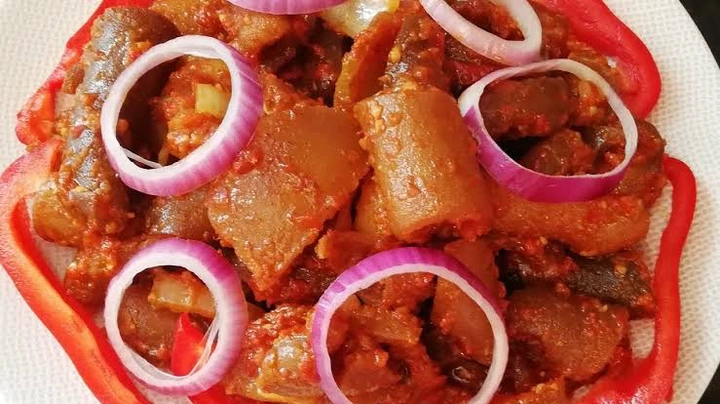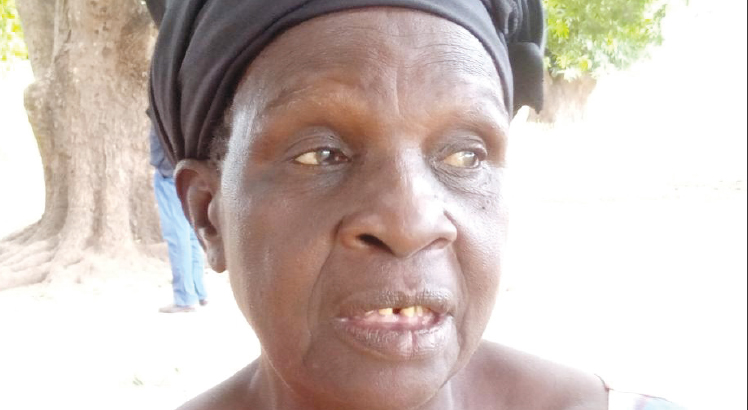Cowskin, as the name says, is the most common and cheapest meat on the market, and it is affordable to practically everyone. Many individuals eat it because they believe it is beneficial to their health. Although eating Mang’ina has certain health benefits, the risks outweigh the advantages.
Cowhide is the skin and hair of a cow in its natural state, unbleached. It preserves the animal’s natural coloration. Cowhides are a beef-based food product. Cowhide is commonly processed and sold. There have been numerous disagreements about Mang’ina over the years.
According to WebMD, here are 3 Categories of people who are not supposed to eat cowskin:
1. People with kidney or liver disease
A study found that Mang’ina offers minimal nutritional value for human health. In truth, ponmo should not be consumed because some of the animals killed and used for Mang’ina had skin diseases.
Some Mang’ina traders soak their Mang’ina in Formalin to increase the thickness and size of their Mang’ina so that they can make more money. When this molecule builds up in the body, it can cause serious kidney and liver damage.
2. People battling with cancer
Cancer is defined as the abnormal growth of cells in the body. Some of the chemicals used by most Mang’ina traders in the processing of their meat contain harmful chemicals that can harm the body.
Tires, garbage composite, and other objects are thrown into the fire during cooking cow skin. Polycyclic Aromatic Hydrocarbons (PAHs) are activated as a result, putting a person at high risk of cancer.
3. People with colorectal disease
Many people are affected with colorectal disease, which is one of the most common disorders. Consumption of cow skin has been linked to a higher risk of colon illness and cancer, according to studies. This is attributable primarily to the preparation process.
 Moni Malawi
Moni Malawi 

